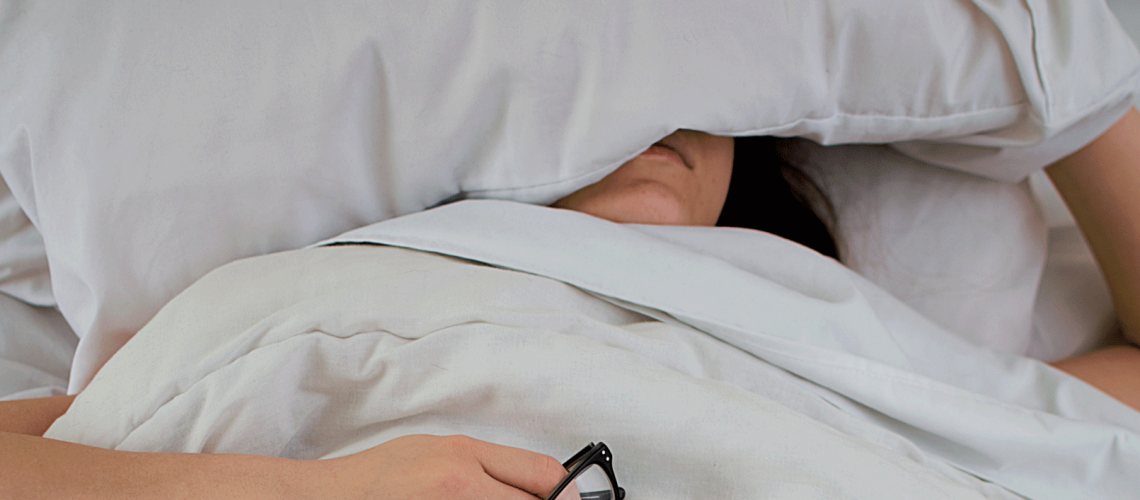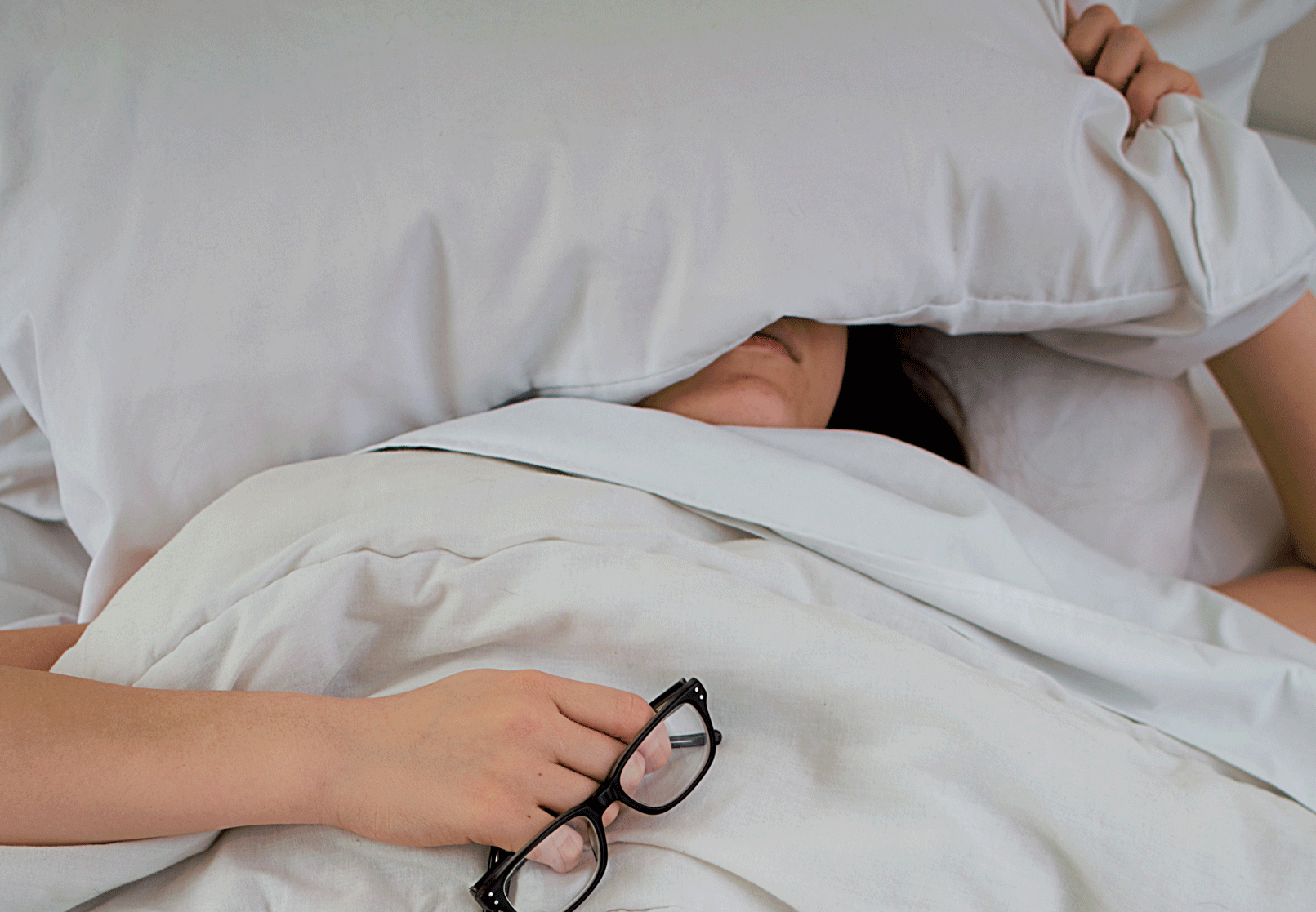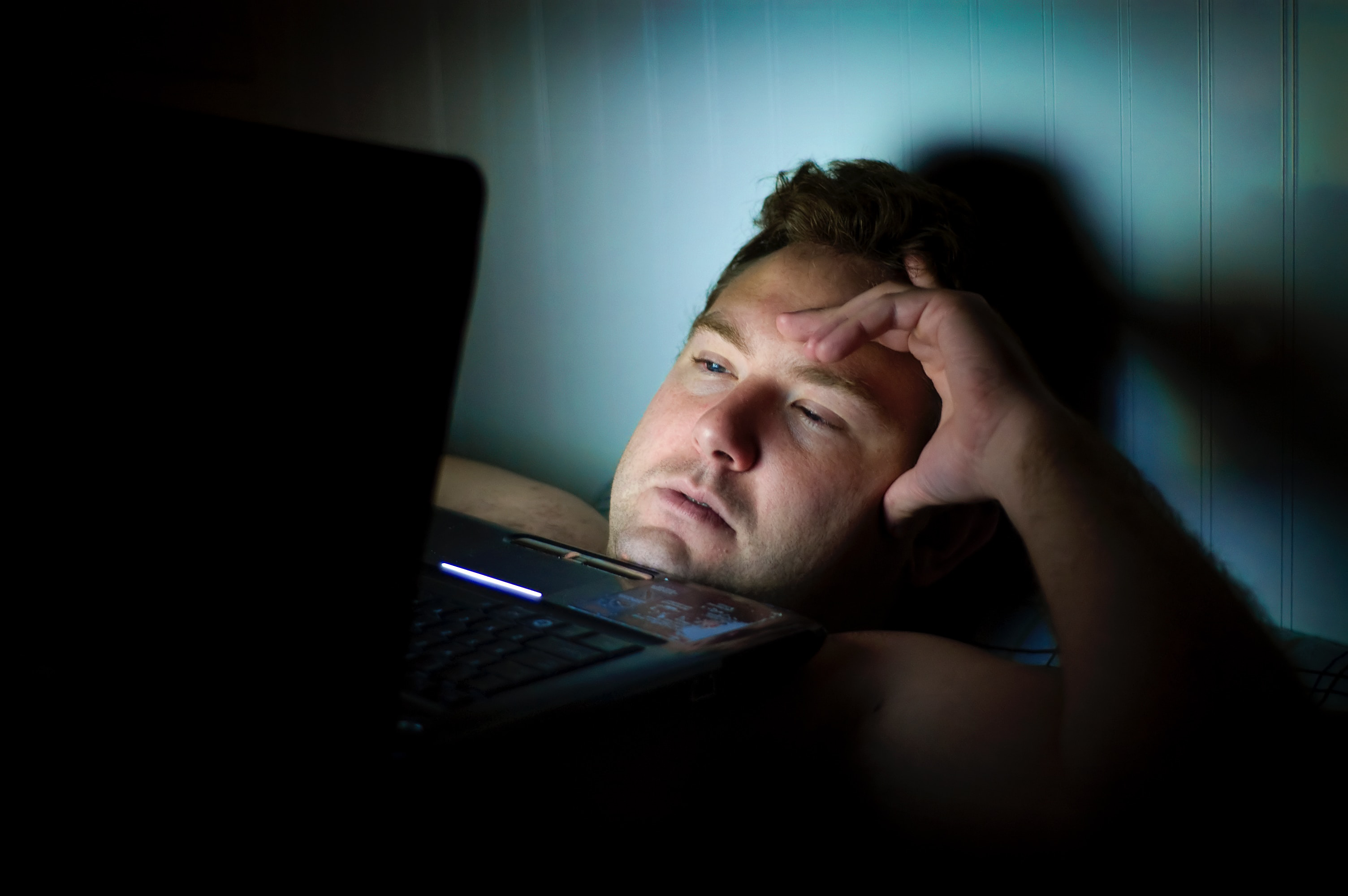
- ,
- , Uncategorized
Sleep, glorious sleep
The ground rules, tips to ensure a good night’s sleep
Many have been the nights when I’ve struggled to sleep. For me, falling asleep is easy, staying asleep is the hard bit. The source of my difficulty is not hard to find, work frequently takes me from Australia (a long way from anywhere) to Europe and the States. I have racked up the miles and the frequent flyer points, with platinum and gold cards to show for it. However, while the miles increase the quality of my sleep decreases. The solution? Not travelling isn’t a viable one, nor is filling myself with coffee and sugar, then dining on melatonin.
Like many coaches, athletes and workers, for me travel across time zones is an unavoidable reality, so the question is: what can poor sleepers do to get a good night’s sleep? In this post and the next I would like to answer this question, today the focus will be on the ground rules: the fundamentals you need to respect to improve your sleep hygiene and have good sleep habits.

The ground rules
- Have a regular sleeping rhythm, teach your body to go to bed and get up at more or less the same time every day, this includes on weekends and holidays.
- Exercise regularly, we know we should exercise for at least 30 minutes a day, what is less well known is that this should be done no later than 2 – 3 hours before bed.
- If you nap, restrict this to less than 1 hour and nap before 3:00pm.
- If you struggle to get to sleep and don’t fall asleep after 20 minutes, get up and do something relaxing or boring. Ensure it is nothing too stimulating as this may keep you awake.
- Maintain a healthy diet, but avoid heavy meals before going to bed. Light meals are okay.
- Beds are for sleeping (and sex) confine it to these activities, so that your body will your bed with sleep.

7. Try to avoid caffeine and nicotine, especially 4 – 6 hours before bed, they are stimulants and will interfere with your sleep.
8. Sleep in a dark, ‘device free’ room so no laptops, phones or other distracting items. Your room should also be cool.
9. Relax before going to bed to unwind and disengage, you can try reading, however avoid computer use least an hour before going to bed.
10. Avoid alcoholic drinks before going to bed, too much alcohol will rob you of critical REM sleep.
11. Get exposure to sunlight during daylight hours, at least 30 minutes a day, and note exposure to morning sunlight is the most effective exposure.
12. Don’t watch the clock, if you have trouble sleeping and watch the clock this is likely to compound your anxiety.
13. Have a bath before going to bed, after you get out the subsequent drop in temperature is likely to make you sleepy.
14. Where possible avoid using medicines which can interfere with your sleep.
If you respect these simple rules, sleep hygiene will improve, so you can look forward to longer, higher quality sleep. Leaving you free to enjoy the developmental and restorative effects of sleep.
For those of you who need a ‘push start’ and greater incentive to apply these rules (let’s face it respecting rules is not always easy) just remind yourself of the benefits of implementation, these include: improved immunity to colds and flu, improvements in memory, less weight gain, better physical shape, a reduced risk of stroke and heart attack, as well as improvements in well being.